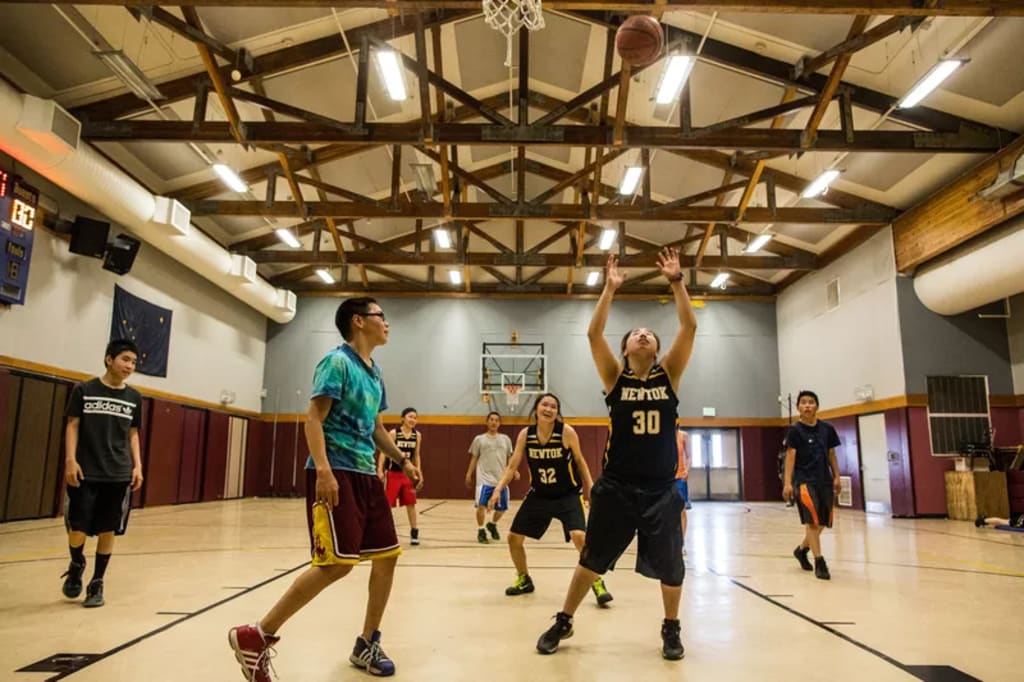What Are School Physical Exams?
Before your child goes back to school or begins playing a sport, you may be asked to take them for a school physical examination.

How often does my child need a physical?
School-aged children need a school physical exam once a year. Even if your child has seen the doctor for illnesses or other health concerns in the past 12 months, it’s important to have a physical, too, for a “check-up” to review your child’s growth and development. If you aren’t sure if your child is due for a physical, ask your pediatrician’s office.
Why are physicals important to my child’s school?
Schools want to verify that students are healthy and are receiving care from a doctor. In order to help keep all students healthy and safe, they also want to be sure that students’ immunizations are up to date, and that proper screenings (like blood pressure, vision testing and hearing testing) have taken place.
What if my child plays sports?
If a physical is required for your child to participate in sports or in after-school recreational programs, it’s helpful to bring the paperwork to your child’s physical appointment. You should let the doctor know if your child has had any recent injuries, like sprains, broken bones or concussions. Ask your doctor for safety advice for your child’s sport; pediatricians are always happy to talk about ways to keep kids healthy and safe!
What should I expect at my child’s physical?
Screening tests—like a vision check, hearing test or even blood work to look for signs of high cholesterol or anemia—may be needed, depending on the age of your child. Expect to talk about exercise, healthy eating, healthy sleep patterns, family routines and behavior issues. With patients’ and parents’ permission, pediatricians often set time aside to talk alone with teenage patients about healthy decision-making as they get older.
My child needs to take medications while at school. How can the doctor help?
Many children with medical conditions like ADHD, asthma, severe allergies, diabetes and others need to take medications while they are at school. Your child’s doctor can provide written instructions to the school for medication use during the school day, and can sometimes provide extra medication for the school to give (for example, a spare “rescue inhaler” to leave with the school nurse for your child in case he or she develops asthma symptoms while at school).
What immunizations (shots) does my child need for school?
Children who are 4-5 years of age and are beginning school for the first time are usually due for the MMR (measles, mumps and rubella) immunization, the varicella (chickenpox) immunization, and a DTaP (diphtheria, tetanus, and pertussis/whooping cough) immunization, as well as a polio booster shot.
By the time they begin 6th grade (around age 11), kids are due for tetanus and pertussis booster shots, and HPV (human papillomavirus) and meningitis immunizations are recommended. If your child missed
How do school physicals differ at different stages of a child’s life?
The goal of a school physical is the same at any stage of a child’s life, but you can expect new aspects as your child gets older.
Exams for elementary aged kids teach them how to be healthy and tune into their bodies. Most kids are also excited to learn how much they’ve grown since their last visit.
Middle school is when exams start getting tricky. Adolescents go through a lot of changes between the ages of 11-14, so let the doctor take the lead on explanations. Your doctor will also have tips on how to navigate this time of great change with as much knowledge, strength, and self-confidence as possible.
High scholars are pretty much ready to take the reins on their annual wellness exams. The doctor will help equip them with the tools, resources, and support to help them make the best decisions for themselves.
About the Creator
Enjoyed the story? Support the Creator.
Subscribe for free to receive all their stories in your feed. You could also pledge your support or give them a one-off tip, letting them know you appreciate their work.






Comments
There are no comments for this story
Be the first to respond and start the conversation.